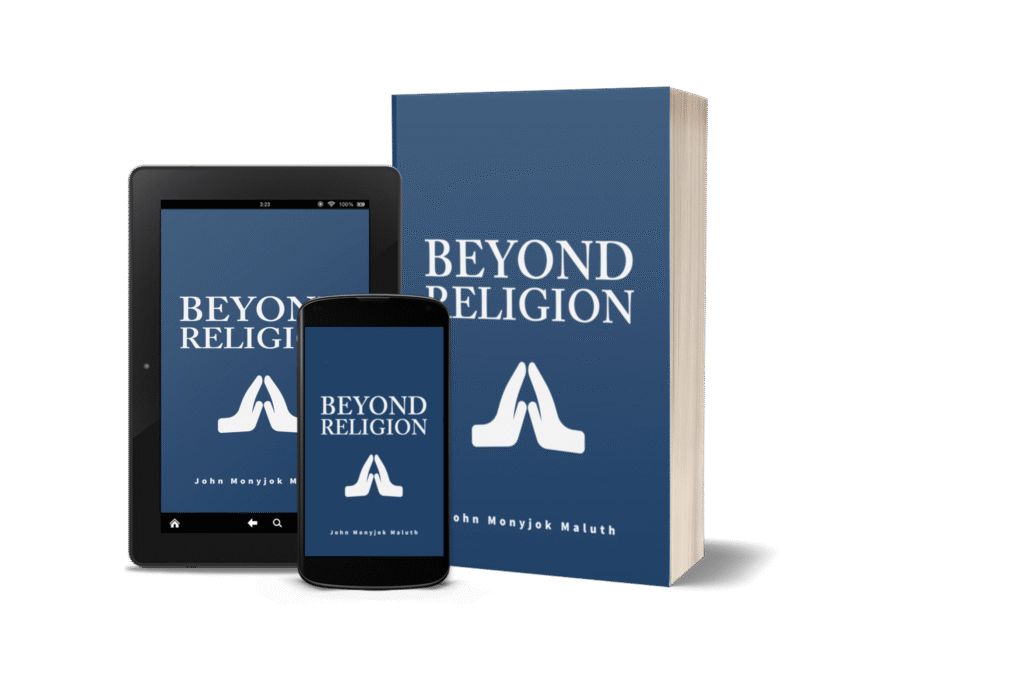
I’m John—South Sudanese Author, Coach, Teacher & Storyteller, Inspiring Resilience, Purpose, and Human Potential
I help readers overcome adversity, discover meaning, and rise through real-life stories, practical wisdom, and the power of the written word.
As the author of 100 books, a coach, speaker, and survivor of conflict, I draw from lived experience to empower individuals from all backgrounds. My work is grounded in the belief that every human story holds value, and that growth is possible—even in the face of great hardship. Whether you’re navigating personal challenges, building a creative life, or simply searching for hope, I’m here to help you turn the page and begin again—with purpose.
Who I Help — And Why It Matters
I write for the forgotten voices—the war survivor, the young refugee, the struggling believer, the aspiring leader. If you’ve ever felt voiceless, visionless, or spiritually dry, my work is here for you. As someone who’s lived through war, displacement, and poverty, I share not theories, but testimonies—through books, blogs, and talks that light the fire of faith and purpose.
Whether you’re a new author, a faith-driven entrepreneur, or a youth seeking direction—I walk this path with you.

FEATURED BOOKS

Meet Panyim—a phoenix rising from Sudan’s civil war, whose journey from suffering to strength ignites a fire of resilience, healing, and hope. Life Cure is more than a story; it’s a universal call to embrace courage, defy despair, and discover the unstoppable spirit within. Be moved. Be changed. Be inspired.

Craving a raw adventure beyond the tourist trail? Beegu City plunges you into the sun-scorched heart of West Turkana, Kenya—where gritty reality meets unshakable resilience. Through true-to-life stories of survival, culture clash, and unexpected beauty, this immersive journey reveals the soul of a place few dare to explore… where the spirit thrives under the harshest skies.

Craving meaning beyond dogma? Beyond Religion follows Kiden’s bold quest for identity, truth, and belonging in a beautifully diverse world. Through unforgettable characters and soul-stirring moments, this powerful story invites you to challenge beliefs, embrace differences, and awaken your authentic self.
SEE ALL BOOKS

BLOG
I write to equip and inspire—on topics like leadership, faith, resilience, tech for beginners, and personal growth. Each article is a seed planted to grow hope in tough soil.
CONTACT
John Monyjok Maluth
Author | Coach | Teacher
I speak in churches, schools, conferences, buses, and online. I share stories that lift, challenge, and awaken purpose.
- Email: maluthabiel@gmail.com
- Phone: +211 927 145 394
- Website: https://www.johnshalom.com


What Readers Are Saying
“I use John’s books in my church youth program. They are raw, real, and life-giving.”
— Pastor Andrew, Juba“Even in hardship, his words feel like home.”
— Diana, Kampala
“Your writing helped me believe again. In myself, and in God.”
— Joyce, Nairobi
Join My Storytelling Journey
Get a free PDF excerpt from Your Self-Discovery Guide when you sign up for my email list. You’ll also receive exclusive updates, inspirational tips, and behind-the-scenes looks into my writing world.

